The Value of Female Leaders and All Women’s Events in Jiu-Jitsu
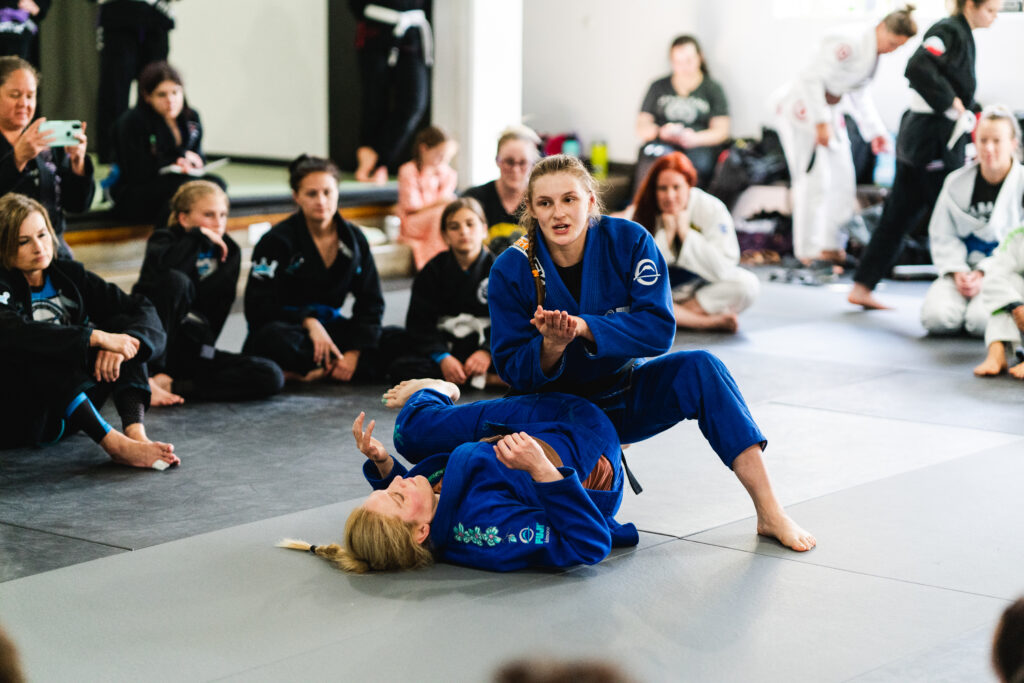
Amy Campo teaches during a Girls in Gis seminar in Utah. Photo by Kori Laurel
Removing Barriers to Entry, and Promoting Opportunity for Women
By Aimee Pascale, Ph.D., ATC, CSCS
The majority of women who train Jiu-Jitsu will report the commonality that they are the minority gender (and often the only woman) at their gym. The number of women participating in Jiu-Jitsu has increased substantially since 1990, when Yvone Duarte was the first woman to be awarded a black belt. Women’s divisions were added to the International Brazilian Jiu Jitsu Federation (IBJJF) in 1998 with a reported increase in female competitors by 5-10% each year from 1998-2015 (Ko, 2017).
In 2001, Leka Vieira (first woman to hold a world championship title in IBJJF) started offering classes exclusively for women at Regan Machado’s academy in Los Angeles, CA. The rise in popularity of Jiu-Jitsu for women can be credited to a multitude of factors, including but not limited to the rise in representation of women as “hero-warriors” in Hollywood and the media, the increase in representation of women in televised combat sports like mixed martial arts (MMA), the recognition of Jiu-Jitsu as one of the more effective methods of self-defense skill development and empowerment for women (Follo, 2012; Roth & Basow, 2004), and perhaps most significantly, the hard work of female pioneers in Jiu-Jitsu who have dedicated their lives to increasing and improving opportunities for girls and women in the sport.
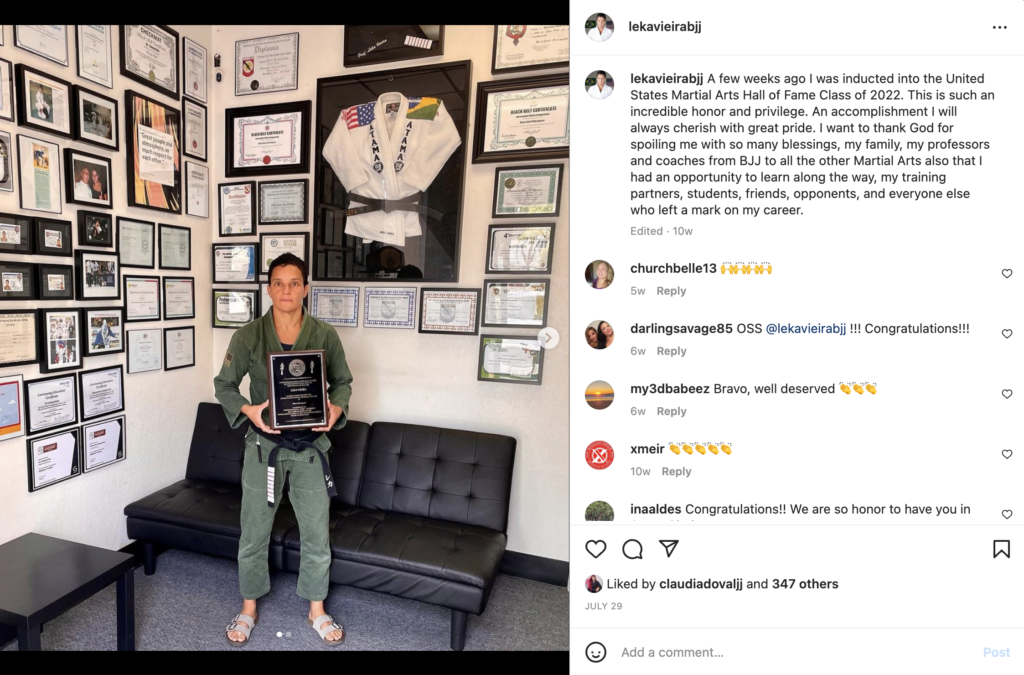
Combat sports like BJJ are unique in that standard training outside of the competition environment is often co-ed. If a woman decides to begin Jiu-Jitsu, chances are high that she will be learning and training with mostly men in co-ed classes. For women, training with men carries the clear advantage of practical translation to real-world self-defense scenarios. If a woman is in a position to defend herself, it is more likely to be against a male, as opposed to a non-male offender. It is commonly known that men and women have anatomical and physiological differences that translate to strength and power advantages for men on the mat. Women’s-only classes, open mats, seminars, and training camps have become increasingly common within the past decade as spaces for women to train exclusively with other women.
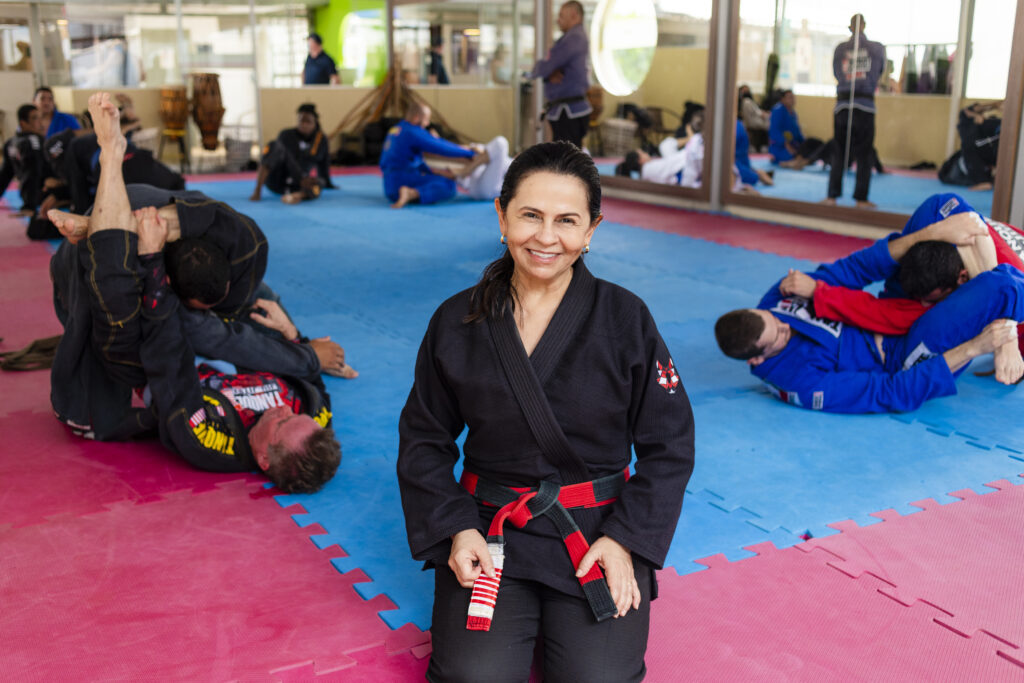
The first training camps exclusively for women were pioneered and run by Leticia Ribeiro. In 2010, Mollii Khangsengsing invited Leticia to run a seminar for women in San Francisco, CA, hosted by Mollii’s organization, Sweaty Betties. The seminar was so well attended, Leticia and Mollii continued to collaborate, offering 3-day all-women’s camps throughout CA, expanding to Hawaii, and eventually internationally. Yvone Duarte, Leka Vieira, Leticia Ribeiro, Mollii Khangsengsing, and other trailblazers have built a solid foundation for Jiu-Jitsu to develop and thrive as a sport for women.
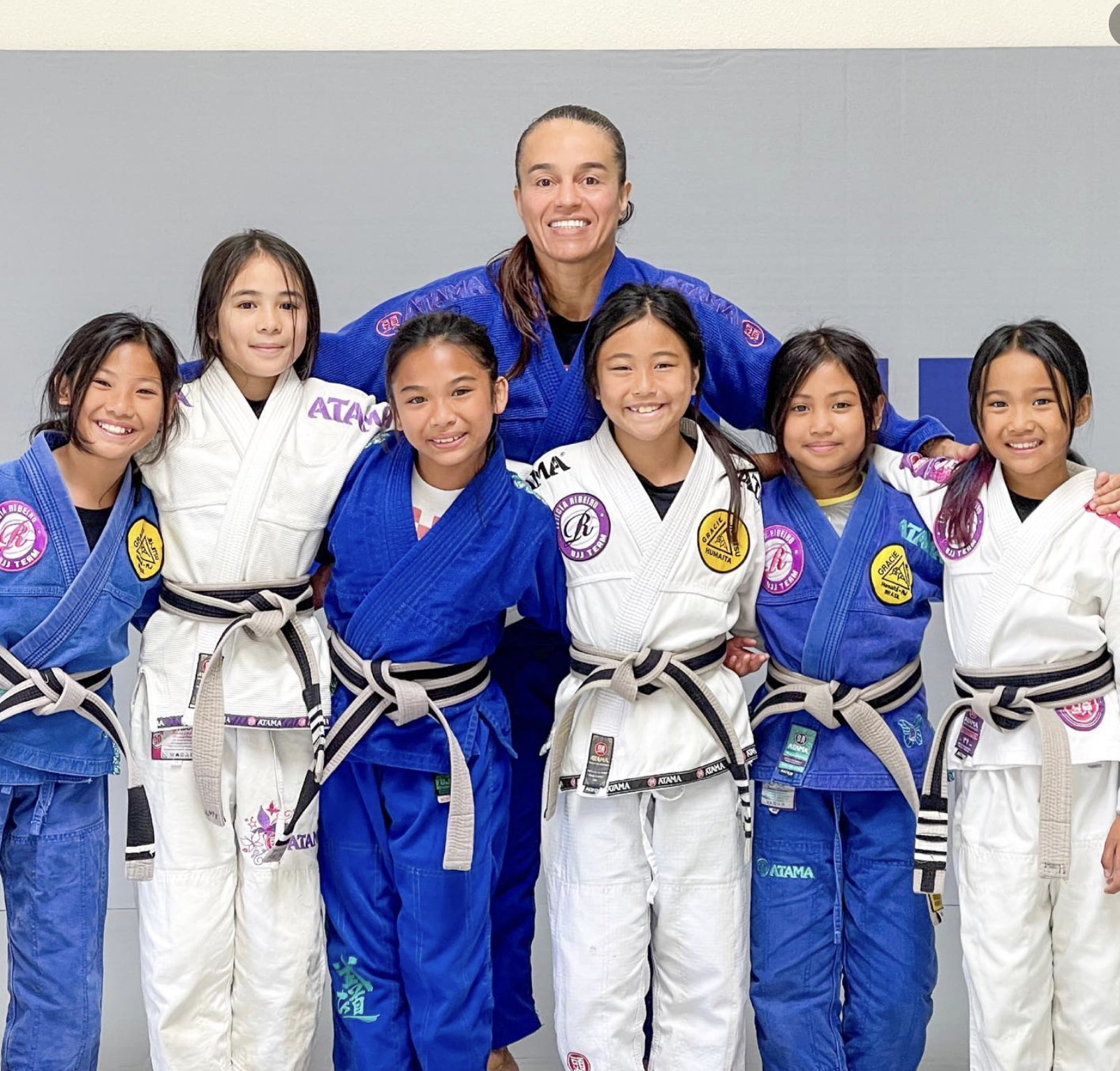
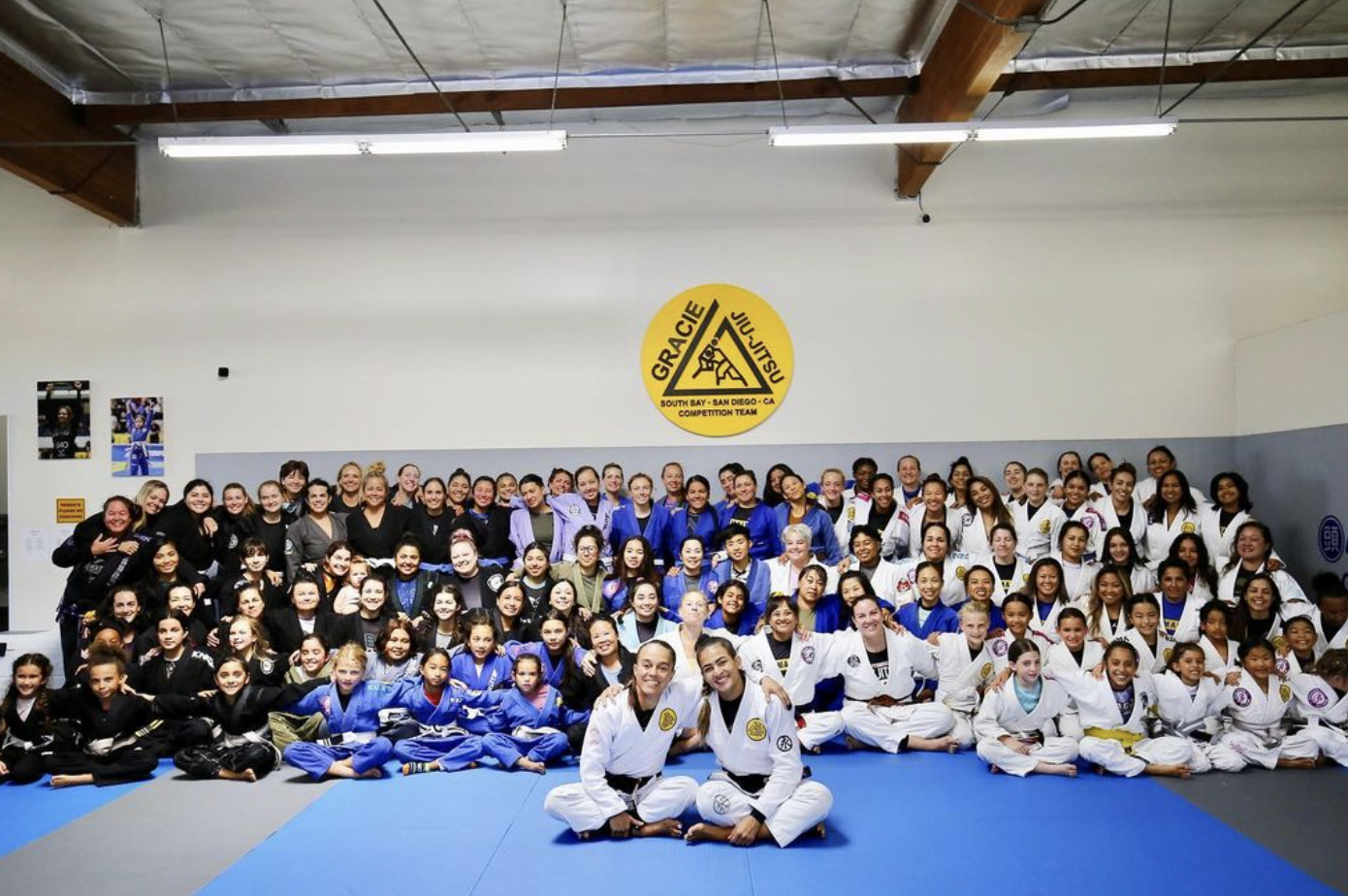
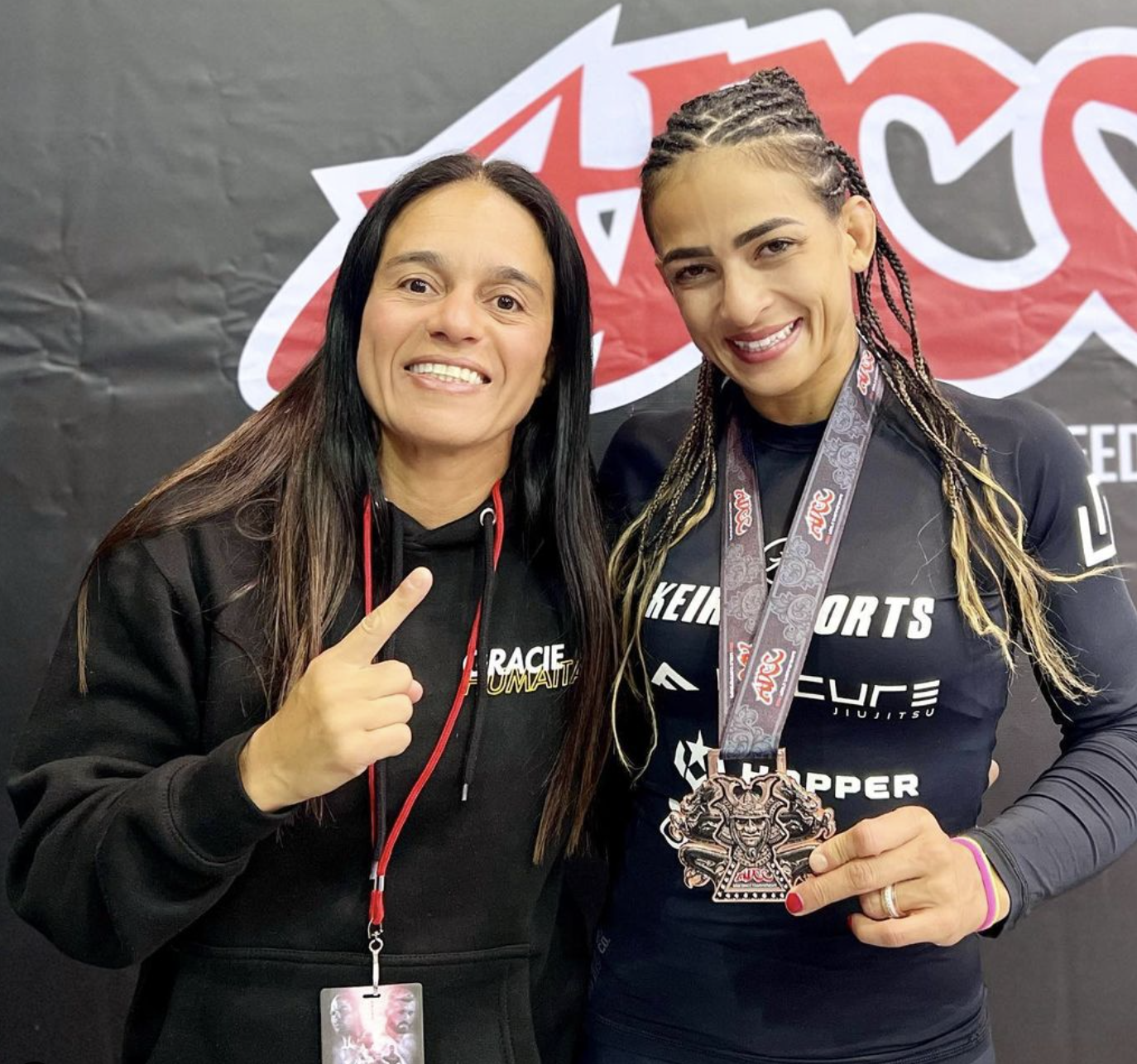
Recent Research that Motivated this Article:
In October 2021, I attended my fourth all-women’s Jiu-Jitsu camp hosted by Grappling Getaways. Women who attended the camp and instructors stayed and trained in a large rented house. The camp spanned 4 days with a total of 6 training sessions in addition to socializing and excursions. The mission of Grappling Getaways is to “build a network of women all over the world who support one another in whatever capacity they can.” The founder/owner, April Parks, and instructors of Grappling Getaways put a lot of intentionality behind creating an inclusive, nurturing, and empowering environment for women who attend.
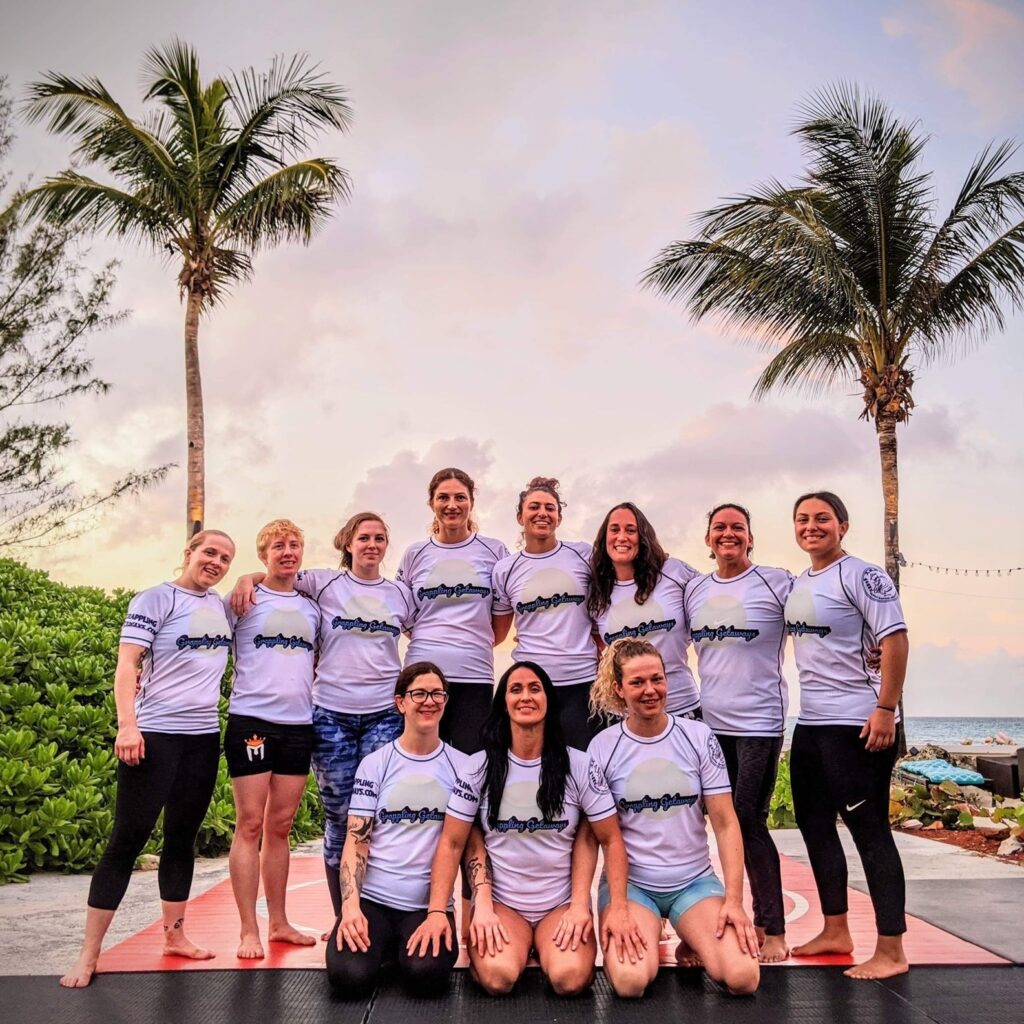
I conducted focus group interviews with participants and instructors at the camp to explore factors related to the role of all women’s events in the development and promotion of Jiu-Jitsu as a sport for women. Two interviews were conducted with camp participants (one group consisting of five women, the other consisting of four). One interview was conducted with five instructors (instructors for Grappling Getaways, and/or their home gym). Interviews were transcribed and analyzed for themes. After the camp, Leticia Ribeiro was interviewed to discuss her perspective on the progress and direction of Jiu-Jitsu for girls and women. Themes identified via the focus group interviews are described in the following sidebar.
Sidebar: Themes from Focus Group Interviews
The following themes were identified about why women choose to attend all-women’s events, and how training with all women differs from training in a co-ed or male-dominant space:
- Trust & Comfort – women reported feeling less guarded when training with other women, that the environment feels more naturally welcoming, inviting, and comfortable than most co-ed or male dominant spaces. Several participants reported high anxiety when rolling with men, often linked with a history of trauma inflicted by men. Attending all-women’s events allows women to separate from certain anxiety-provoking stimuli. One participant noted, “[…] being with women I’m a little more comfortable allowing myself the space to fail, which is important for getting better.” The same participant went on to describe how women’s only spaces allow for more comfort with vulnerability, thus leading to growth.
- Relatedness – women reported feeling they can relate to each other without feeling the need to guard or hide insecurities. Several participants noted wanting to come to an all-women’s camp to be surrounded by like-minded people. One participant noted, and others agreed, “There’s definitely a different comfort vibe here. Like any time people are a minority in a larger group, there’s a natural obstacle you have to get over, which inhibits growth. Whether that’s gender, race, ability, whatever it is. When everyone’s female, there’s automatic relatedness and that obstacle is removed.” Women reported comfort discussing the anxiety they often feel in other training situations, and finding that others experience similar issues allows them to realize they are not alone.
- Empowerment – one participant reports attending an all-women’s camp has been “[…] really encouraging and empowering. I have so much self-doubt when I train with men. I go through a lot of ebbs and flows of like, I’m trash. I’m garbage and nothing I can do is good enough, because I can’t do a thing to these men. It’s demoralizing sometimes.” Women reported feeling the ability to readily share knowledge, skills, and experiences with their training partners without feeling the need to prove themselves first. Multiple women described the feelings of comfort, strength, and ability to build each other up, as empowering.
- Community – women described the community of women in Jiu-Jitsu as a microculture, where the momentum of camaraderie and connections are strengthened at all-women’s events. One participant described returning to the mat after a long hiatus from injury: “[…] I only went to the women’s only class once a week when I came back. I felt comfort knowing the rest of the class was all women. I could do THIS. […] and I eventually worked my way up to the co-ed classes again. It (the women’s only class) was a stepping stone. Women are supportive like we talked about. I needed support to gain the confidence to come back.”
- Expectations – women unanimously described feelings of high expectations when training with men. High expectations can be beneficial, but can also inhibit growth when coupled with fear of failure and lack of inclusivity. One woman described (when training with men) she feels like she’s just “taking up space.”
- Judgement & Intimidation – women reported intimidation and judgment by male training partners as a potential reason for why many women leave the sport. One reported “I really do think it’s a barrier to entry because just walking in any co-ed gym (Jiu-Jitsu, or other) is uncomfortable for most women. […] You feel like they’re (men) checking out your body. And then they’re checking out your athleticism. You just feel so judged.” Another reflected, “I didn’t do Jiu-Jitsu for a while because I was too scared. Because when I went and saw my first competition, there was only one division for women.”
Value of Female Instructors
Throughout the focus group interviews and when speaking with Leticia Ribeiro, the value of female instructors was consistently emphasized. Members of the instructor focus group discussed the challenges they face as women coaching a male dominated sport.
If a woman is an instructor, it can be generally assumed, especially by other women, that she’s had to overcome significant adversity. Katie Hooven reflected on some of the challenges she’s faced (and still faces) in her own journey as a leader in Jiu-Jitsu: “[…] you have to work harder to get respect in a coed room. Because with women, trust is already built […]. They’re like wow, this is a brown belt, a black belt [woman]. They’ve gone through it, they know what it’s like. I want to listen to them. Where men, sometimes they look at us like who is this woman? What can I learn from a woman? Until you get up there and command the respect. And, it’s sometimes in the way you carry yourself. Sometimes not until you roll with them and you dominate the roll and beat them. And then, they’re like, ohhhh they know something! But that’s not everywhere. I’m blessed to now be in an affiliation that highly values women.” A participant commented on her observations of female instructors, which complemented Katie’s experiences: “Most of the time women who are at an advanced level are going to be really technical, because they need to have really sound technique to succeed when training with men who are bigger and stronger. Women (usually) can’t get away with using size and strength to their advantage.” Other participants agreed, and also noted female instructors are often able to provide modification options for women of different sizes and body types. A participant commented on a female instructor she admires, “My instructor used to say, this is how so and so does it. But this is how I do it to make it work if you’re a woman rolling with a man who is significantly bigger and stronger.”
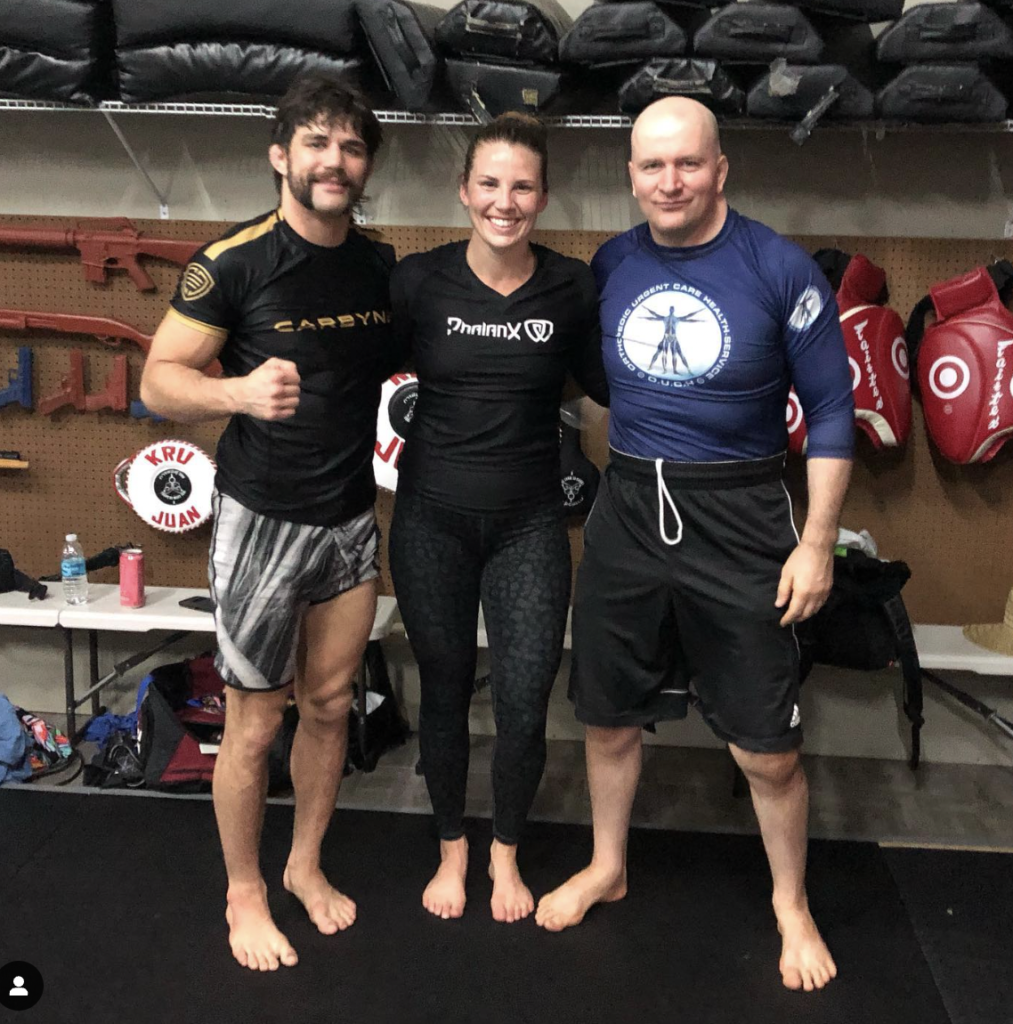
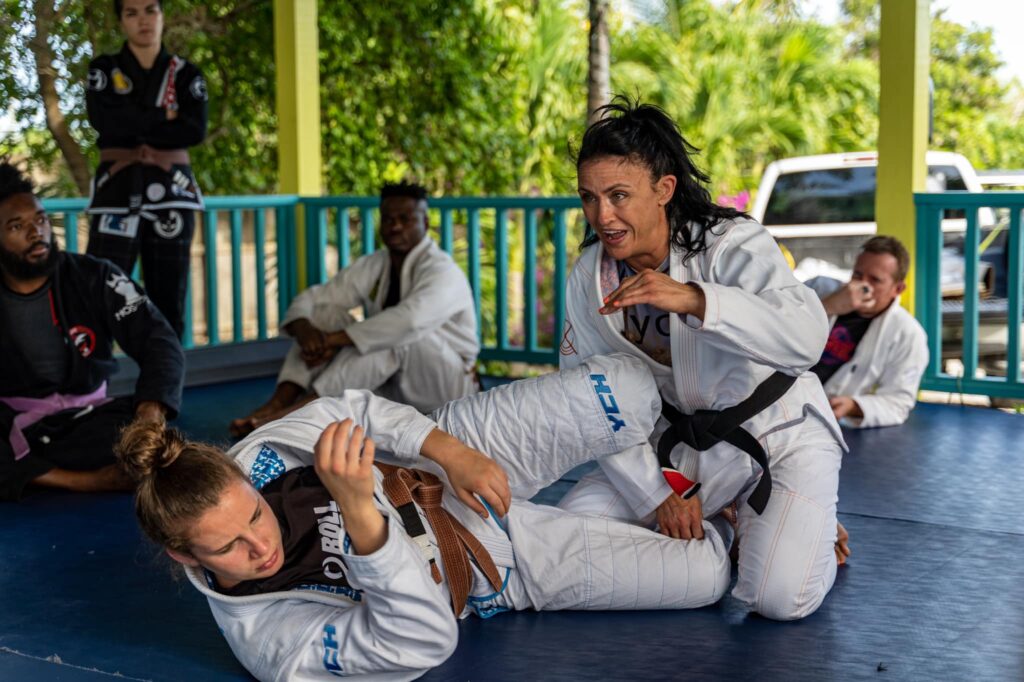
Katie recalled a conversation with a male coach she admires: “This professor I have, he’s a larger man, he’s a black belt. And he said, any time I get the opportunity to learn from a woman, I do it. Because they have the secret sauce. They have to know little details that the big guys don’t have to know. So there’s magic in that. And, I was really struck by him saying that. […] He said, the toughest person in the room is the highest ranking female. Because they have it harder than we [men] do. So there are people who see it that way.”
“You have to work harder to get respect in a coed room. Because with women, trust is already built […]. They’re like wow, this is a brown belt, a black belt [woman]. They’ve gone through it, they know what it’s like. I want to listen to them. Where men, sometimes they look at us like who is this woman? What can I learn from a woman?”
Katie Hooven
Having female instructors contributes to normalization of women as leaders. April and Katie traveled across the country in the summer of 2021 leading seminars at various gyms. April remarked, following Katie’s reflection on her coach’s comments: “That’s the whole reason we did our seminar series, same thing! Put a female at the front of the class. Let them (men) have validation. Let them see the technique, the skill, the pure Jiu-Jitsu. We’re good at Jiu-Jitsu, right? That’s why we’re here.” Hailey, gym owner, commented on the value of women as instructors for men, “It’s a more powerful message when a woman chokes out a dude than when a dude chokes out a dude. Well it’s another guy, he’s stronger than me, ok. But when a girl does it, they’re like, oh wow, this really works.” Leticia Ribeiro noted how rare it is to have women as the lead instructor for co-ed classes, and the importance of having both female and male instructor representation. “To be honest with you, more and more, the academies are figuring out they should have a woman teaching. Having a woman teaching will attract more girls and women. That’s a fact.”
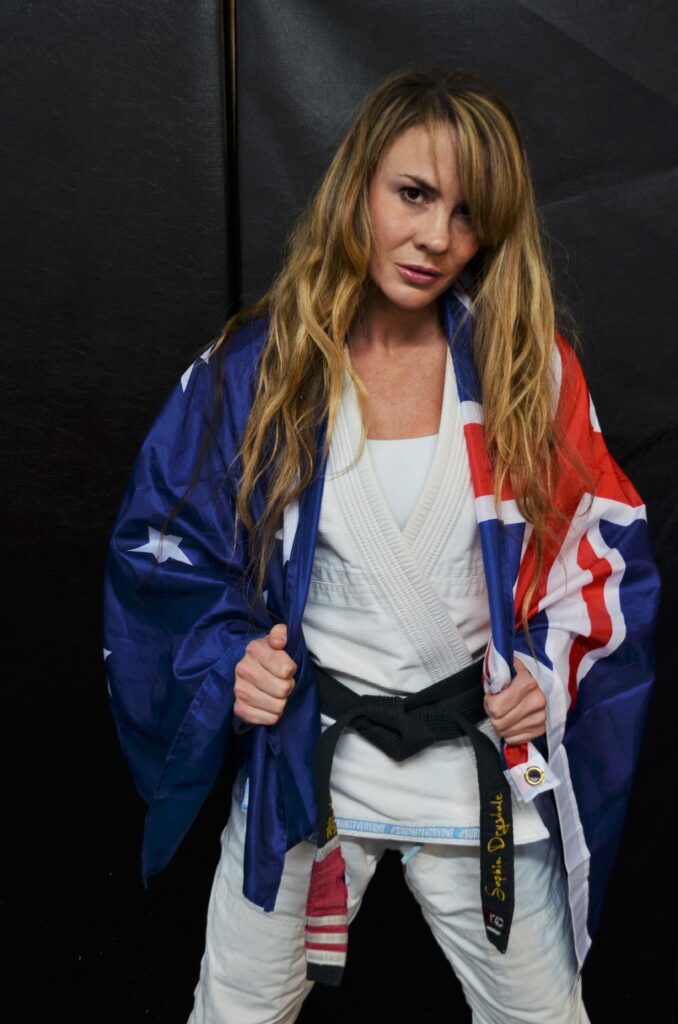
Establishing Leadership Positions and Careers in Jiu-Jitsu
While it’s clear having women in coaching roles and as leaders in Jiu-Jitsu is beneficial for all, getting there involves overcoming many obstacles, not only from the Jiu-Jitsu community, but intrinsically and socially for women as well. Women have been socialized to believe they are inferior to men, and to submit to men in positions of power. It’s common for women in Jiu-Jitsu to feel they have to prove themselves by earning public accolades as a symbol of worth. One participant remarks about how she felt when asked to teach at her gym: “The owner at my gym asked me to teach classes and I was like oh no, I can’t. Because I don’t have 87 world titles. […] I’ve been doing this for some time. And there are guys in the gym that haven’t been doing it as long as me. There’s nothing special about them, and they teach and are cool with it. They don’t have world titles. I feel like they’re going to question me because I haven’t done enough.” (it should be noted that this participant is an actively competing purple belt). April reflected on experiences in which she felt men in Jiu-Jitsu settings only respected her after learning about her accomplishments in competition. The fact that she earned a black belt wasn’t enough. Similar experiences were shared by the other instructors, and observed by participants. Leticia noted in her interview that while championship titles shouldn’t be the reason women earn respect and credibility in the Jiu-Jitsu community, they definitely help: “I can’t deny that being a world champion through IBJJF, I was 3x world champion already when I came to the US, opened up a lot of doors for me.” She reminded us to keep the progress women have made in perspective, considering the fact that women only began to emerge as leaders in Jiu-Jitsu just over a decade ago.
Many women who are motivated to establish themselves as leaders in the Jiu-Jitsu community aim to be able to make a living through Jiu-Jitsu. April, Katie, and other instructors interviewed at Grappling Getaways agreed this is a greater challenge for women than for men. Leticia noted that in order to make a living out of one’s Jiu-Jitsu career, the most significant thing a person can do (regardless of gender) is develop oneself as a teacher. She urges women to teach early, even as active competitors, with the goal of opening their own academy. She emphasized that being an effective teacher will ultimately carry more weight than championship titles. “No matter how many times you become a world champion, you still won’t have money in your pocket if you don’t teach. The problem is a lot of people, men and women, only focus on their competition career. Then after they’re a world champion, black belt, whatever, they retire from fighting and think, ok now, what am I going to do? You don’t become a good teacher over night. It takes time. I’ve been teaching since I was a blue belt. […] In my view, that’s the only way of making a living in the sport.” Leticia emphasized the importance of women in leadership positions supporting each other, and aiming to develop future female leaders through their own coaching: “Make other leaders under your roof. You’re building more and expanding the BJJ community, creating more women leaders. This is what I do.”
“No matter how many times you become a world champion, you still won’t have money in your pocket if you don’t teach. The problem is a lot of people, men and women, only focus on their competition career. Then after they’re a world champion, black belt, whatever, they retire from fighting and think, ok now, what am I going to do? You don’t become a good teacher over night. It takes time. I’ve been teaching since I was a blue belt. […] In my view, that’s the only way of making a living in the sport.”
Leticia Ribeiro
The Value of All-Women’s Events
Another topic of discussion during the focus group interviews complementing the benefits of opportunities to train with other women (see sidebar) was the role of all-women’s events for the promotion of Jiu-Jitsu as a sport for women. Participants and instructors unanimously agreed all-women’s events are critical, as they improve accessibility, and remove barriers to entry. Many women either don’t start, or don’t participate for long because of the intimidation factor when training with all or mostly men. All-women’s events provide the opportunity for women of all shapes, sizes, and abilities to feel represented, and find peers and leaders they can relate to. While the focus of these interviews was not about why women decided to begin Jiu-Jitsu, it cannot be ignored that the impetus for starting Jiu-Jitsu for many women is self defense. Several participants commented about a history of assault playing a role in their motivation to begin Jiu-Jitsu. A participant noted she hopes her young daughter decides to continue Jiu-Jitsu for fun, and for love of the sport – not because of a deep seeded need to be able to defend herself as a result of trauma. She wants her daughter to be able to look forward to competing on girls and women’s teams, and attending all-female camps. She is optimistic these opportunities will continue to become more common and accessible with the promotion of events similar to Grappling Getaways training camps. Others mentioned they would like to see normalization of female instructors not only at gyms, but at co-ed camps and seminars. Female Jiu-Jitsu instructors are in a position to be role models and leaders for all, not just women. Observing and learning from someone you can relate to has a significant impact on confidence and drive. It’s a reason for girls and women to stick with it, to have a vision of what they can aspire to.
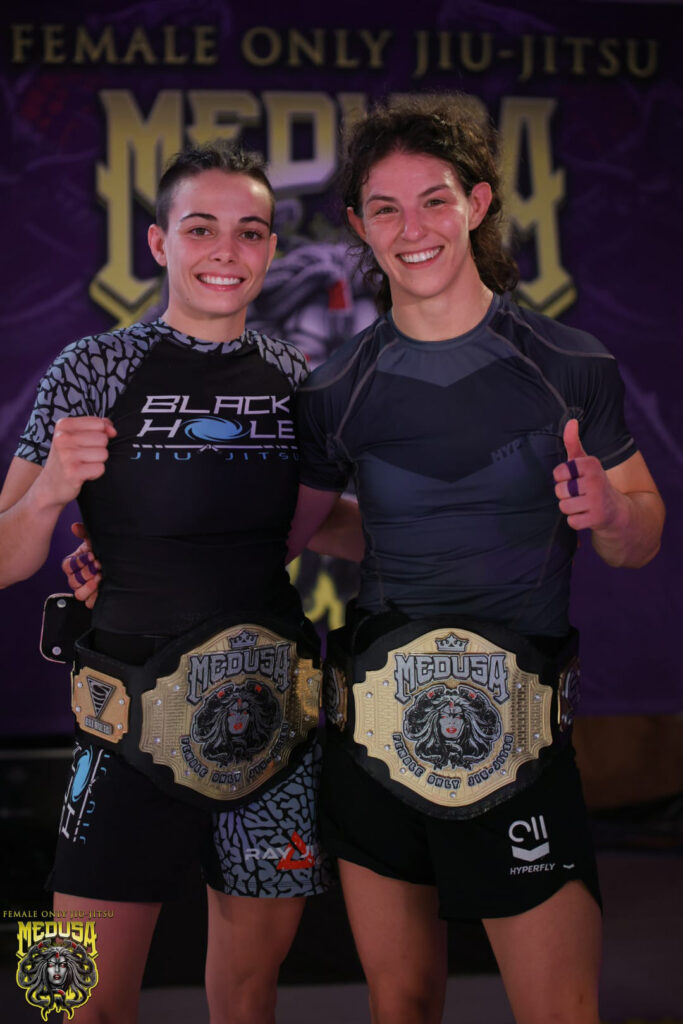
Wrapping up, and Looking Ahead
Towards the end of the focus group interview with the instructors, April and Katie both discussed what they hope the women take away from their experience with Grappling Getaways. Katie said, “Courage to go do things outside of their comfort zone. And hope that, if they’re in a spot that isn’t necessarily ideal, that things will get better. And through courage they build through training with us, that they can be the ones to change things, and make an impact. Whether that’s on the mats or in life.” April agreed with Katie’s sentiments, and added, “I hope they walk away with a very authentic experience. That they felt vulnerable enough to make some new friends, to take risks, to try some new things, to push their growing edges. And I hope they learned some new tidbits of information, some things that we taught. And that these experiences further cement their passion for Jiu-Jitsu. So that it’s something they can associate with these kinds of positive experiences. Because if your Jiu-Jitsu journey has been one of just struggle, I don’t know how you would persist.”
Here is a list of ways you can promote the growth of Jiu-Jitsu for women, and support female leaders in Jiu-Jitsu:
- Encourage your own female friends, family, and colleagues to try Jiu-Jitsu.
- Attend an all-women’s camp, or a co-ed camp owned and run by women:
- April Parks’s Grappling Getaways
- Almine Barton’s Hips and Grips
- AJ Clingerman’s Roll Model Camps
- Sophia McDermott’s Lifestyle Camps
- The Mighty Dames’s Dames Camp
- Encourage your gym to hire women for seminars, open to everyone (not only women). Here are some highly skilled, accomplished leaders who are excellent teachers, and available for booking seminars:
- April Parks: Black belt, co-owner and instructor at Vien Jiu-Jitsu in Syracuse, NY
- Bia Mesquita: Black Belt under Leticia Ribeiro in San Diego, CA – biamesquitabjj@gmail.com
- Emily Kwok: Black belt, co-owner and instructor at Princeton Brazilian Jiu-Jitsu in Princeton, NJ
- Fatima Kline: Instructor at Black Hole Jiu-Jitsu in Wappingers, NY; klinefatima@gmail.com
- Heather Woods: Black belt from Andre Galvae at Altos Academy
- Katie Hooven: Brown belt, Instructor under Garry Tonon, John Danaher, and Gordon Ryan in Austin, TX – khoovenseminars@gmail.com
- Sophia McDermott: Black belt, instructor, founder / owner of Sofia Fit
- Start a monthly women’s open mat at your gym, and advertise to other gyms in your region to bring girls and women from different gyms together.
- Encourage girls and women interested in starting Jiu-Jitsu to attend – even if only to watch.
- Encourage girls and women in need of financial assistance to check out the Girls in Gis scholarship program, which offers support for women in need of gis, tuition assistance, and competition funding.
- Support female-owned businesses when purchasing Jiu-Jitsu clothing and gear.
- Encourage the presence of female staff members in various roles at a gym. This can reduce the risk of uncomfortable situations based on sex that unfortunately sometimes arise. Genuine protocols to prevent such behaviors will make a gym more enticing as well as sustain the longevity of female members.
References from intro citations:
Follo, G. (2012). A literature review of women and the martial arts: Where are we right now? Sociology Compass, 6(9), 707–717. doi: 10.1111/j.1751-9020.2012.00487.x
Ko, S. (2017). The evolution of female Brazilian Jiu-Jitsu competitors. Girls in Gis.https://jiujitsutimes.com/what-womens-self-defense-tips-dont-tell-you-about-martial-arts/
Roth, A. & Basow, S. A. (2004). Femininity, Sports, and Feminism: Developing a theory of physical liberation. Journal of Sport and Social Issues, 28(3), 245-265. doi: 10.1177/0193723504266990
BJJ Heroes. (2014). https://www.bjjheroes.com/bjj-fighters/leticia-ribeiro
Jiujiteiras mentioned in this article:

Our printed magazine is full of extraordinary women with extraordinary stories, get your printed copy via mail today >



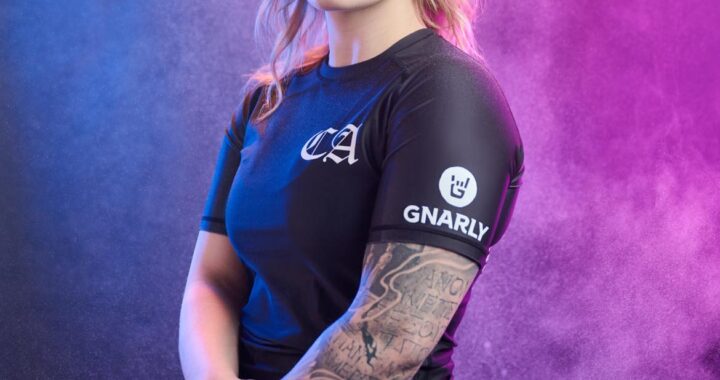 Elisabeth Clay: On Top of the World
Elisabeth Clay: On Top of the World 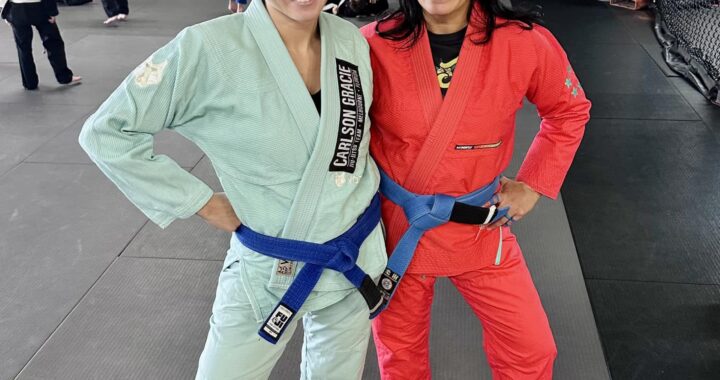 Stronger Together: The Bonding Power of Jiu-Jitsu
Stronger Together: The Bonding Power of Jiu-Jitsu  Counting Down to ADCC Orlando Open: Competitors Prepare for the Biggest Open in ADCC History, Less than 48 Hours to Weigh-Ins
Counting Down to ADCC Orlando Open: Competitors Prepare for the Biggest Open in ADCC History, Less than 48 Hours to Weigh-Ins 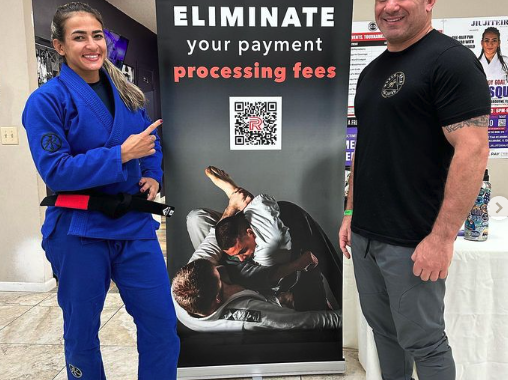 Revolutionizing Gym Finances: How RollPay Helps Gym Owners Save and Give Back to the Jiu-Jitsu Community
Revolutionizing Gym Finances: How RollPay Helps Gym Owners Save and Give Back to the Jiu-Jitsu Community  If We Risk Nothing, We Risk Everything
If We Risk Nothing, We Risk Everything 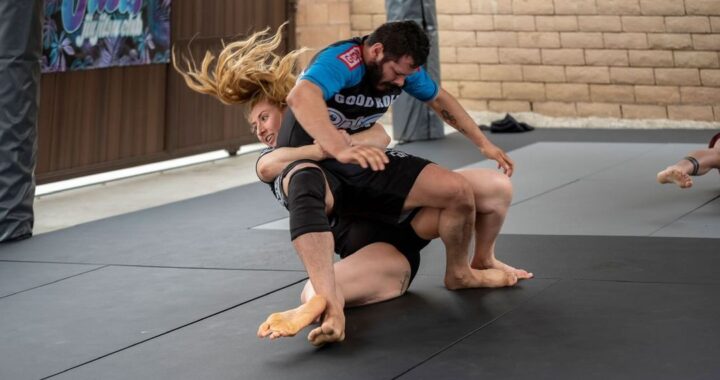 Gender Discrimination Affects Coaches
Gender Discrimination Affects Coaches 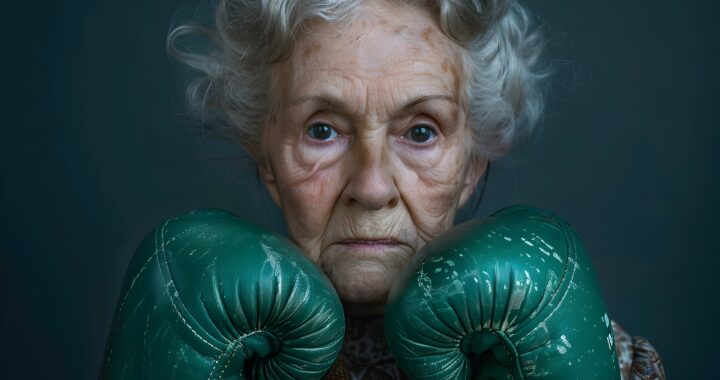 Father Time is Undefeated
Father Time is Undefeated 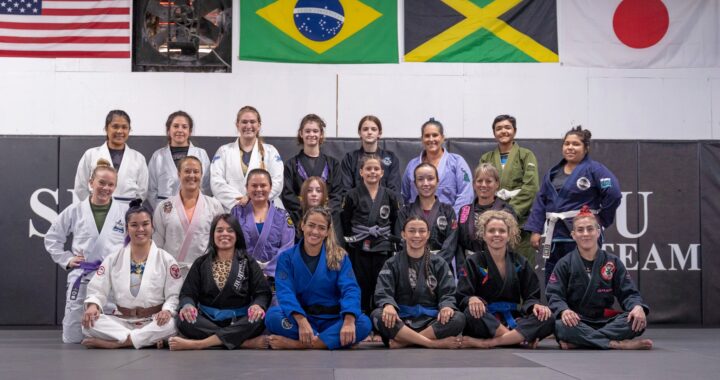 The Jiujiteira Sisterhood
The Jiujiteira Sisterhood  Advice in the Ranks- From White to Black
Advice in the Ranks- From White to Black  ADGS Rome: Jiujiteiras Shine in the Land of the Colosseum
ADGS Rome: Jiujiteiras Shine in the Land of the Colosseum